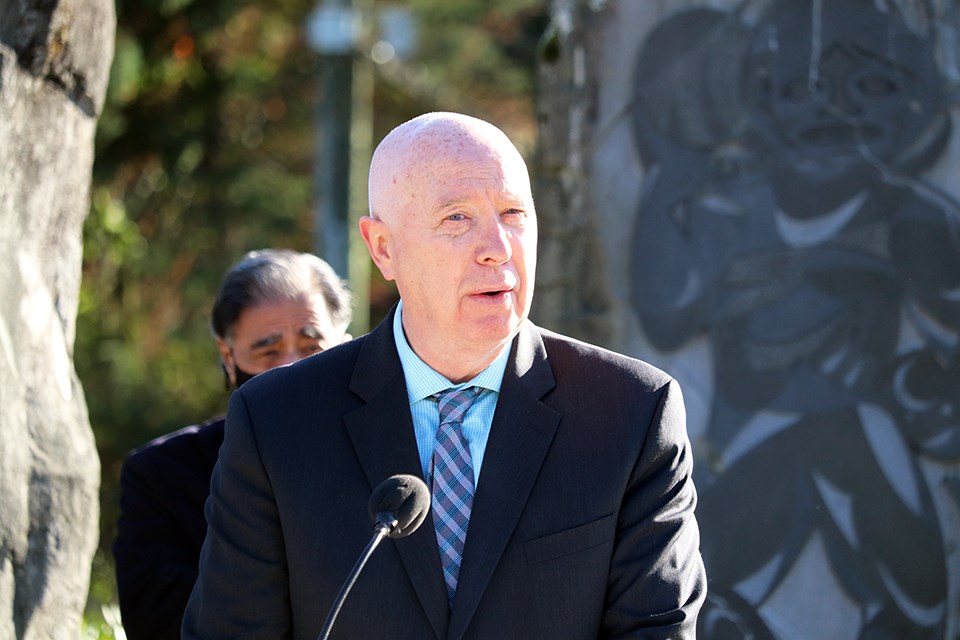Burnaby Mayor Mike Hurley says he doesn't support the proposed changes to federal election ridings, which would see some neighbourhoods cross into other Metro Vancouver ridings.
Hurley spoke yesterday (June 28) at a public hearing regarding the changes.
Later in the evening on social media, Hurley said he doesn't believe the plan serves local residents.
"Tonight, I spoke against a proposal to carve up Burnaby's existing federal electoral districts," he wrote.
"The proposal would fracture Burnaby neighbourhoods and attach them to adjacent ridings in Metro Vancouver cities. The plan doesn't serve our residents, and it doesn't have my support."
In May, the 2022 Federal Electoral Boundaries Commission for B.C. recommended the creation of new ridings while making changes to others, mainly due to a rise in the provincial population.
It has been mandated to provide 43 electoral districts, which is an increase of one compared to the last allotment due to the increased population in the province.
The Canadian constitution requires the re-configuring of electoral district boundaries every 10 years after the decennial census is completed.
The commission says the 2021 census data showed an increase of roughly 600,000 B.C. residents which brings the total provincial population to 5,000,879 — up from 4,400,057 in 2011.
With 43 electoral districts, there would be approximately 116,300 people per riding.
Changes proposed for Burnaby ridings
The proposal outlines changes recommended for the riding of Burnaby North-Seymour and New Westminster-Burnaby.
In Burnaby North-Seymour, the committee proposes moving the current boundaries northward, while New Westminster-Burnaby would have its boundaries moved eastward and would incorporate an area east of the Pattullo Bridge.
The riding would also have its name changed to New Westminster-Bridgeview.
According to census data, Burnaby North-Seymour had a population of 116,426 as of 2021, Burnaby South had a population of 116,363 and New Westminster-Burnaby had a population of 118,422.
"Our task is to create an additional riding and to adjust the boundaries of existing ridings to maintain effective federal representation for all British Columbians. We are proposing quite a few boundary changes. The changes are mainly in response to the significant but uneven growth of our population," commission chair Justice Mary Saunders said in an earlier statement.
"That growth pattern creates a domino effect if we are to be fair and have relative equality between voters in different electoral districts. Our proposal necessarily gives attention to what is possible and practical given our varied and rugged geography and our distinct communities. We look forward to receiving public input on it."
According to the commission, the provisions are aimed at promoting equality of voting power in the spirit of "one person, one vote."
The proposal by the three-person commission says two features of the province create "particular challenges" to configuring B.C.'s electoral boundaries. Those are the province's uneven distribution of population and its varied and rugged physical geography.
"We have concluded that the growth and redistribution of the population must result in quite a few adjustments to electoral boundaries, in the interest of fairness to voters in the various electoral districts affected and effective representation."


